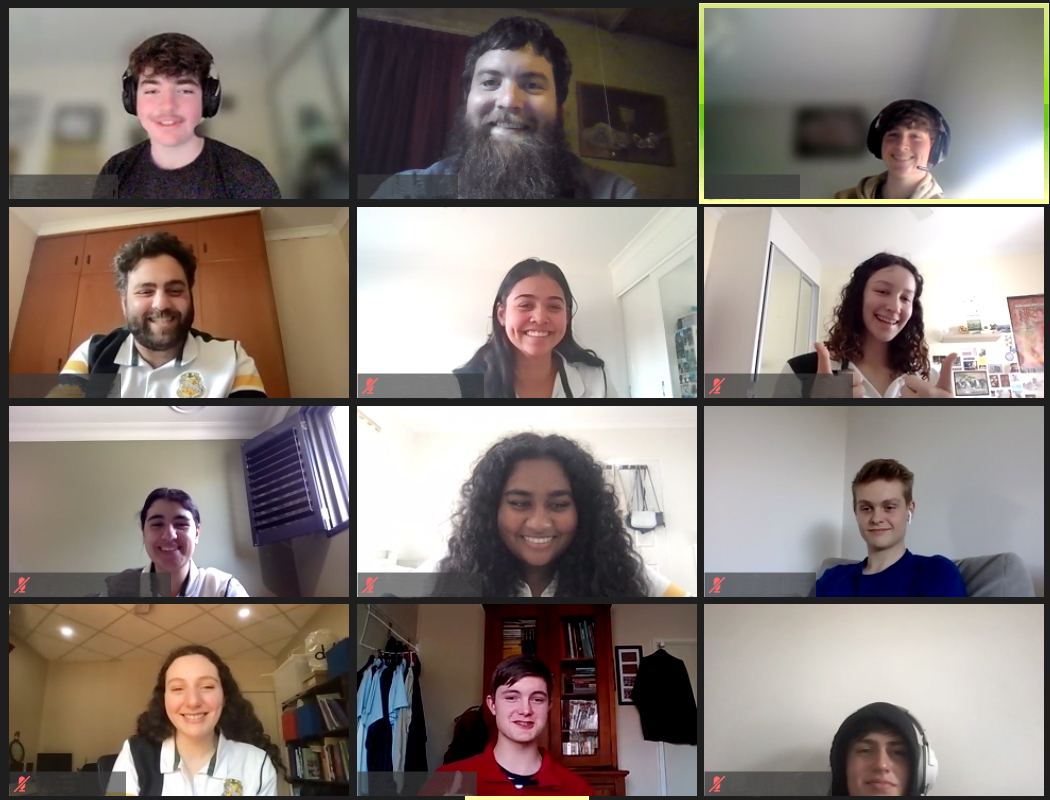The Wisdom of Insecurity
Reflection
It seems strange to be writing to welcome back staff and boys to the final term with the knowledge that school remains in online learning for at least a few more weeks.
The last few months have not been too much fun and lead me to reflect on how we survive difficult times. We know miseries will visit us over our lifetimes. Nearly all of us will face desperate days whether related to health, bereavement, rejection or whatever - days will come that sadden our hearts. Certainly there is no magic pill to swallow to ensure we always ‘choose to think and act positively’. Our mental health is a much more complicated beast, and extreme versions of the doctrine of optimism carry their own burdens.
Appropriate for our times, I recently read a short book titled ‘The Wisdom of Insecurity’ by Alan Watts. He introduces the counterintuitive idea that the very effort of trying to achieve security, gives rise to an acute feeling of insecurity. The reason he gives for this is that life involves impermanence, uncertainty and change. Consciously trying to protect oneself from this is to try to step out of the flow of life itself. This is rarely, if ever, successful and often results in the antithesis of one’s original intent. Perhaps the same is also true if we focus too intently on the pursuit of happiness.
When it comes to raising and educating children, we certainly want them to be happy, purposeful and resilient. It is also important however, that our boys don’t come to think they should be seeking or experiencing positive emotions at all times. Not only might this lead to the counterintuitive effects that Alan Watts described, but it may also encourage the detrimental pursuit of hedonism and self-interest.

Within the educational context, we know how vitally important it is that the young men we teach grow up being able to identify, feel and express their emotions. To realise that they are vulnerable, that they will have moments of grief and disappointment is a way of developing a sense of empathy and compassion for one another. We are not interested in creating young men who are stoic, incapable of expressing their emotions.
Importantly, a problem shared is halved. Please keep in contact with House Deans, Junior School teachers and College Counsellors if you wish to discuss any concern you may have for your son’s wellbeing during these challenging times.












